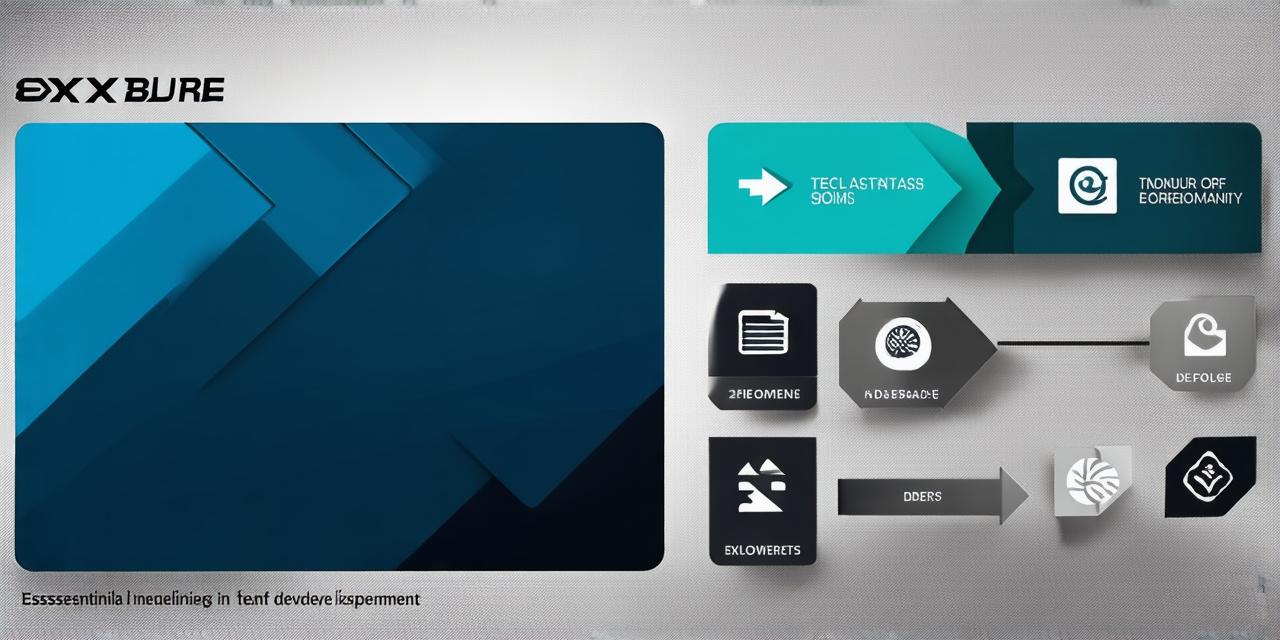Essential steps in web development process
In the digital age, web development is no longer a luxury but a necessity for businesses and individuals alike. This article delves into the essential steps in the web development process, drawing from real-life case studies and expert opinions to provide you with an engaging and informative journey.
1. Planning and Strategy
The first step is laying a solid foundation – planning and strategy. Understanding your audience, their needs, and your goals is crucial. A well-defined plan ensures that your web development project stays on track and meets its objectives.
“A goal without a plan is just a wish,” – Antoine de Saint-Exupéry. This quote underscores the importance of planning in any endeavor, including web development.
2. Design
The design phase involves creating wireframes and mockups to visualize the website’s layout and user interface. It’s about making your website aesthetically pleasing while ensuring it’s user-friendly. A well-designed website can significantly enhance user engagement and conversion rates.
3. Development
The development phase is where the magic happens. This is when the actual coding begins, turning the design into a functional website. It involves front-end (HTML, CSS, JavaScript) and back-end (PHP, Ruby on Rails, Node.js) development.
4. Testing
No website is perfect from the get-go. The testing phase helps identify and fix any bugs or issues that might affect user experience. It’s essential to test your website across various devices and browsers to ensure compatibility.

5. Deployment and Launch
Once everything is in order, it’s time for deployment and launch. This involves uploading the website to a server and making it live on the internet.
6. Maintenance and Updates
A website is never truly finished. Regular maintenance and updates are necessary to keep your website secure, functional, and relevant. This includes updating content, fixing bugs, and optimizing for search engines.
FAQs
1. Q: Can I learn web development on my own?
A: Yes, with the right resources and dedication, it’s possible to learn web development independently.
2. Q: How long does it take to build a website?
A: The time taken to build a website depends on its complexity. A simple website can be built in a few days, while a complex one may take several weeks or even months.
3. Q: What skills do I need for web development?
A: You’ll need knowledge of HTML, CSS, JavaScript, and either PHP, Ruby on Rails, or Node.js for back-end development. Additionally, understanding user experience (UX) design and search engine optimization (SEO
